Everyone’s experience with sobriety is different. While deeply personal, sobriety doesn’t have to be lonely. Being sober takes work, commitment, struggle and determination. It benefits to have support groups, understanding family and friends around to help you on your sober journey. A good sobriety article or two can also help you understand and stick to any sobriety goals.
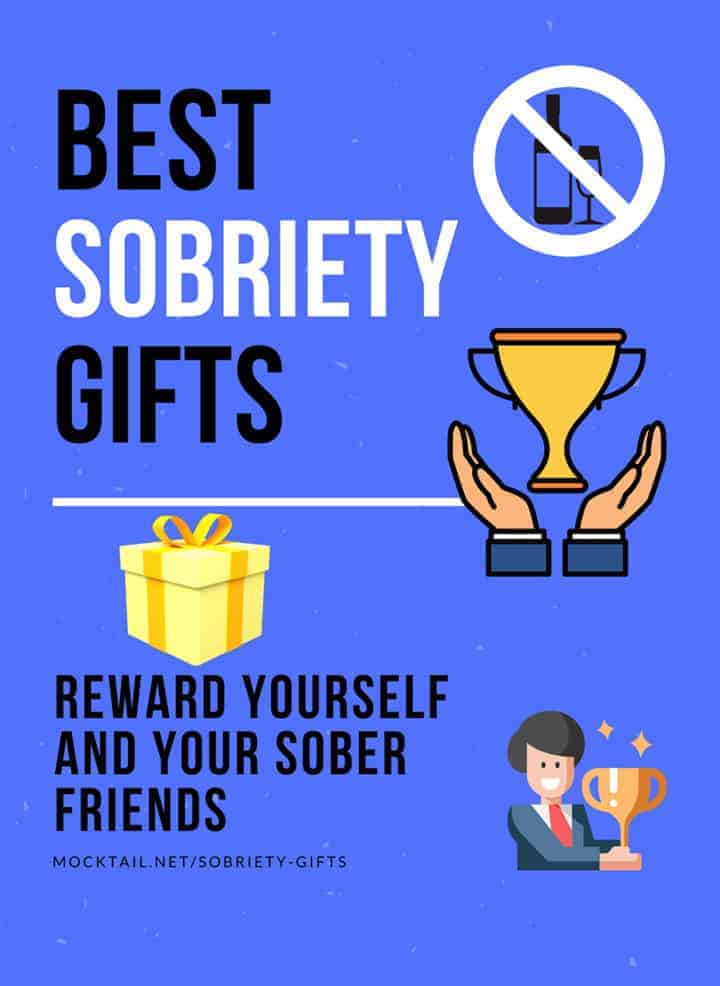
We are going to deep dive into all aspects of sobriety and hopefully give you some useful tools about sobriety. Whether you are newly sober, have been in recovery for decades or just a friend researching sobriety for a loved one, we hope our little nuggets of knowledge can help!
Sobriety Definition
The dictionary defines sobriety as the quality or state of being sober. Most 12-step programs define sobriety as reaching and maintaining a positive level of mental health. Both definitions are accurate and hold a lot of weight.
Sobriety means your behavior and thoughts are not influenced or affected by drugs or alcohol. There are levels to sobriety, starting with physically abstaining from addictive substances and then maintaining that abstinence. Some people say sobriety is simply quitting an addiction while others feel sobriety is more in the long term level of stability throughout recovery. Sobriety can be both!
We like to define sobriety as the achievement of a successful, substance free life that includes positive mental health and stability. Do you have your own definition of sobriety?
How to Become Sober
Deciding to become sober is the first step toward recovery. This is not an easy step! In fact, this can be the hardest part of sobriety for many people. However, as we said before and will say again and again, every person’s sobriety journey is different. Becoming sober will be different for every single person too.
We are going to talk about a few ways to become sober. No matter which route you choose, remember you don’t have to go it alone! Sobriety is always easier with support.
1. Find a rehab facility
Rehab facilities are one of the best ways to start a sober journey. They have the type of support you need and can help treat each individual person's addiction. There are two types of rehab facilities, inpatient and outpatient. Let’s take a quick look at both.
Inpatient Rehab- During inpatient rehab, patients will live in a substance free facility and receive around the clock care and support. These intensive treatment programs are perfect for anyone who has chronic addiction problems and needs help detoxing completely in order to start a sober life.
Outpatient Rehab- During outpatient rehab programs, patients live at home while becoming sober. They can continue with their normal, day to day life with the daily help of therapists and doctors who support and check in on their detox progression. Outpatient programs may offer the same types of treatment as inpatient programs but are a little less intense. However, those who start sobriety in an outpatient program may be more likely to come in contact with triggers that can sway their sobriety. An outpatient program is best for those who are more mentally stable or with more mild addictions.
Part Hospitalization Programs- A part hospitalization program, also known as PHP, is a day treatment program where patients are treated all day but allowed to go home at night. A PHP usually comes after an inpatient rehab treatment. It is considered a step-down from full, 24 hour care to part time care. These programs are a great way to transition from full rehab back into day to day life.
2. Medical Detox for Sobriety
Many rehab facilities will offer medical assistance for detox. Certain medications can help manage a patient's symptoms and help them to withdraw from addiction safely. Medical assistance can mitigate the challenges of abstaining from substances and make detoxing easier, and safer, on your body and mind.
Medical detox should only be done under the care of a licensed doctor. They can help prescribe the correct medication and slowly wean you off of that medication when the time comes.
Medication should be paired with other detox programs in order to be the most successful. Long term sobriety means freeing yourself from all substances, including medication for detox. Again, a doctor can help with this process but patients should also look into longer term sobriety support.
3. After Care Programs
Support, support, support! This is so imperative for sobriety and after care programs can help give the type of support you need. After care programs are designs to help people maintain sobriety after initial detox treatment. There are several types of aftercare programs so there is surely one that will fit your personal sobriety journey.
Once becoming sober, you may choose to check into a sober living home. These residential facilities are for patients recovering from substance abuse, all of whom have chosen to become sober and successfully completed a detox program. Many are government run while others are private entities. Living in a sober living home has been proven to greatly increase the chances of long term sobriety. Living with people who are also recovering is very beneficial. Most sober living homes are short term and transitional.
Follow up therapy sessions and medical evaluations may be the right after care program for you. A trained, medical professional can help guide you on your sober journey. Personal support groups are also beneficial. It’s all about support!
Becoming sober does not happen overnight. The path to sobriety also differs for everyone and can constantly change. Becoming sober is the first step for everyone and these programs and methods can help achieve that goal!

Staying Sober
We said that choosing to become sober can be the hardest step toward sobriety. However, many people find staying sober to be even more challenging. It is a commitment that takes dedication and discipline. It is not impossible!
We have a few tops to help you maintain your sober lifestyle. Take a quick look and hopefully you find something that works for you!
1. Know Your Triggers
Knowing what pulls you toward substance abuse is essential to maintaining sobriety. If you are able to avoid your triggers, you are far more likely to stay sober. You may already know your triggers but therapy or talking to loved ones can help you learn about what triggers you. Here are a few common triggers that can lead to addiction.
- Stress
- Relationship issues
- Financial trouble
- Unhappiness at your job
- People or places you associate with your addiction
- Feelings of depression or emotional distress
Once you identify what triggers you, learn to avoid them or confront them. Doing this will greatly increase your chances of staying sober.
2. Find Support

Support can come in many forms. It may be a formal support group or just friends and family. Whatever type of support is positive and productive is good.
Many people find 12-step programs like Alcoholics Anonymous or Narcotics Anonymous to be very helpful. These groups often meet in person and connect you with others who are newly sober, just like you. It may help you find new, sober friends who will support you. You already have a big, important thing in common!
Friends and family can be a great support system as well. They love you and hopefully see how important your sobriety is.
3. Surround Yourself With Sober Family and Friends
Your family and friends may be incredible. They may already support your sober choices fully. This is a best case scenario! However, starting a new, sober life is a good time to assess your relationships.
Remove any toxic people from your life and then lean on those true-to-you individuals who will help you with sobriety. Anyone who may jeopardize your sobriety is not worth being around!
4. Find New Activities and Hobbies
Stay busy doing things that interest you. Look for new hobbies or dive deeper into your past passions. You may want to start exercising, writing, learning a new language, knitting, gardening, or find a fun computer game you love. Take a cooking class or plan a vacation. Become a master mocktail mixologist- we have lots of recipes to help you get started! There are so many amazing adventures you can take and they will all be made better by the fact you are sober!
5. Talk About Sobriety and Be Proud
Your sobriety should never be a secret. It should be something you are proud of. Talking about sobriety is essential and you should also try to practice enthusiastic sobriety. Many people get sobriety tattoos or a sobriety bracelet to show their commitment. Of course, you don’t need to run out and get a sobriety symbol tattooed on your arm just to show your pride. Do it in your own way but be sure to be proud of your achievements. You worked hard to get sober and stay sober!
The more you talk about your sober life, the more people will understand you and your choices. Talk to everyone in your life or find one person who you can easily talk to. Don’t hold back! Don’t be afraid. Just talk.
6. Be Positive
If you were able to get sober, you can surely stay sober. You already accomplished one major achievement, now it is time to continuously work on sticking to your goals. Be positive, look at how much you already have done to get sober and be proud!
Many people find sobriety quotes or sobriety memes to be helpful or inspirational. Here are a few of our favorite sobriety quotes that may help you look on the positive side of sober life.
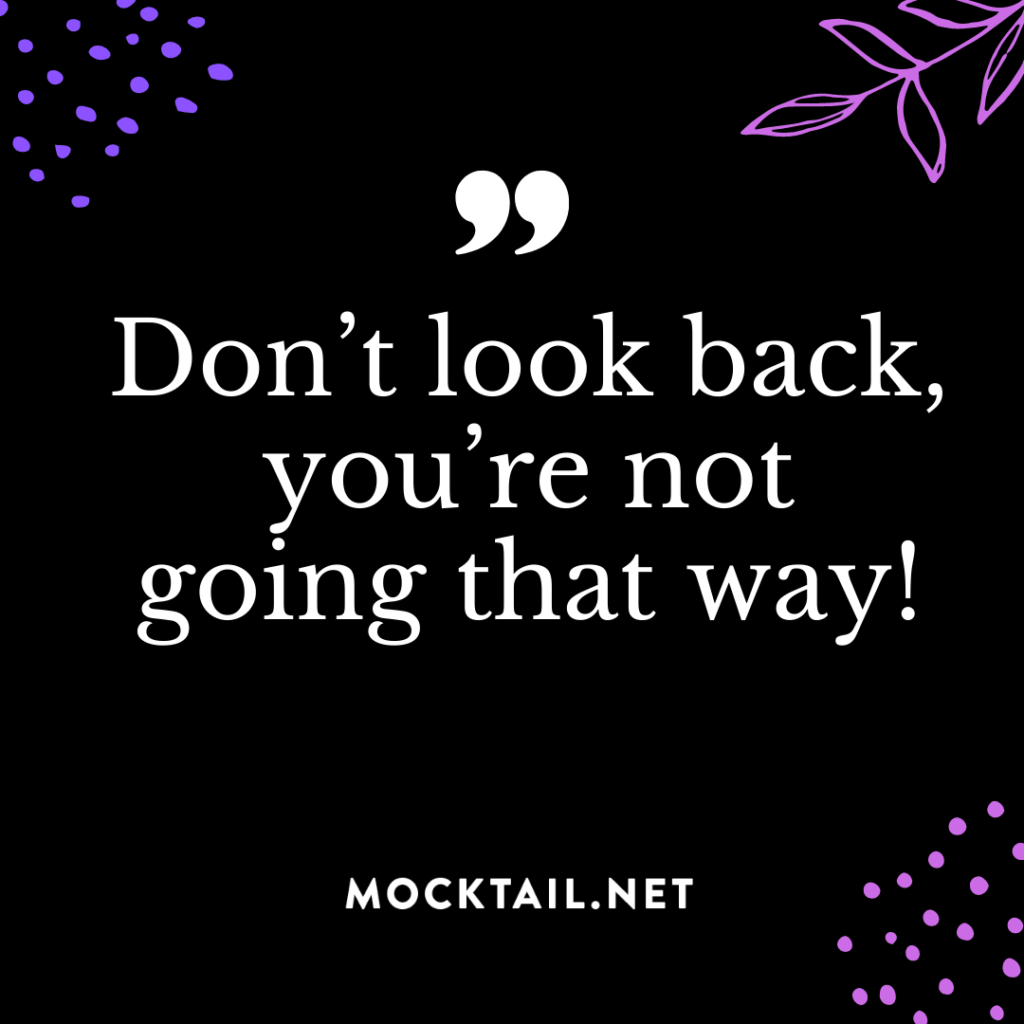





- “Don’t look back, you’re not going that way”
- “Believe you can and you’re halfway there”
- “The life in front of you is far more important than the life behind you”
- “You deserve the life you want”
- “Never be defined by your past. It was a lesson, not a life sentence”
- “I get excited for the person I am now, The person who is choosing sobriety and sharing it without shame.”
Staying sober takes a lot of effort. But, if you stick to enthusiastic sobriety and remain positive, you can stay sober! Believe in yourself and you will be able to achieve your sobriety goals. There are so many benefits of sobriety that you will be pleasantly surprised almost every day.
Reward Yourself and Your Sober Friends with the Best Sobriety Gifts
It’s not easy getting sober or staying sober. Sobriety is a conscious decisions that is made on an almost daily basis. You deserve to be rewarded for those great efforts!
While, yes, the benefits of sobriety are rewarding enough, but everyone likes a little gift now and then to show they are seen. Here are a few of our favorite sobriety gifts.
Best Sobriety Gifts for Her:

We love this silver cuff bracelet that has the words “one day at a time” engraved on the inside. It is a secret message to the wearer that sobriety is a long process. Just take it one day at a time!
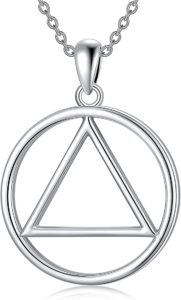
This pretty sterling symbol necklace is a sign of proud sobriety. It is not only a reminder or being sober but also a beautiful, daily accessory that will match almost any outfit.
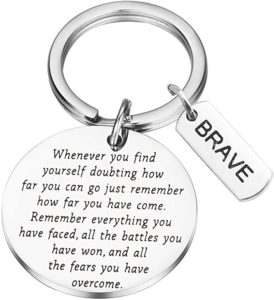
A simple, inspirational sobriety keychain is a great gift. It is a perfect sobriety gift for anyone who has battled addiction and conquered getting sober.
Best Sobriety Gifts for Him:
Silicone Progression Bracelets

These comfy bracelets are perfect for men who are in the first stages of recovery. Each bracelet indicates the next step toward lifelong sobriety.

This funny mug is a great gift for the sober guy (or girl) in your life who has a great sense of humor. It is also very useful! Fill it up with a tasty whipped coffee and start the day off on the right foot!

This sleek mens bracelet will remind the wearer to take sobriety one day at a time. The neutral colors will match any outfit and make it an easy to wear daily accessory.
Sobriety is a true journey. It can be hard to understand if you are watching from the outside. It can even be hard to understand if you are the one getting sober.
Hopefully our article helped you learn a little bit about getting sober, staying sober and the choices you have. We also want to ensure that anyone living a sober life is celebrated. It isn’t always easy but sobriety is definitely worth it!
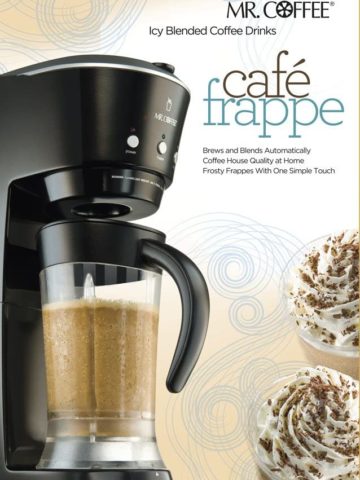



Leave a Reply